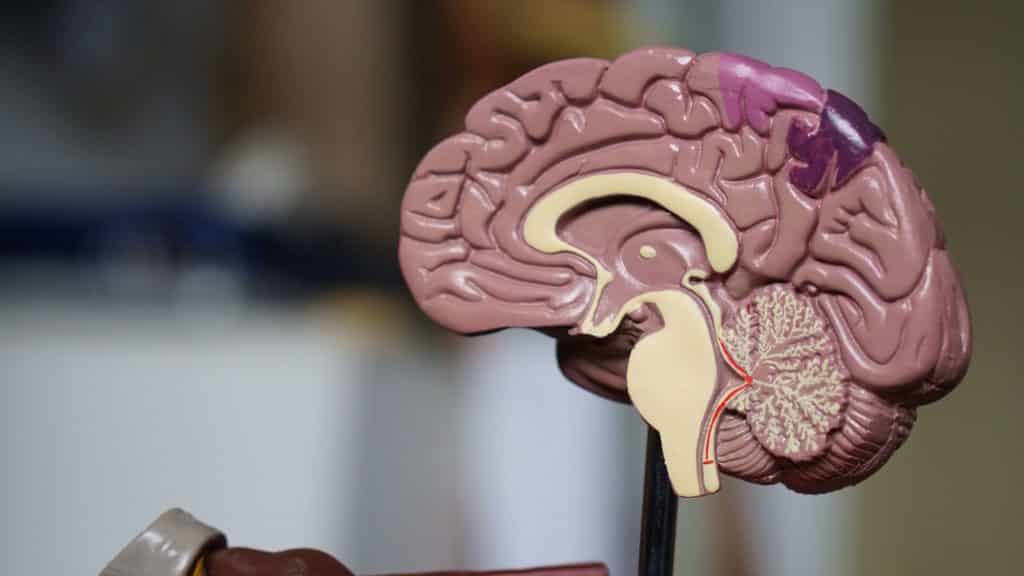What is Huntington’s disease, and how does it affect people?
Huntington’s disease is a hereditary condition that causes nerve cells to die off gradually or degenerate in some brain regions. In 1872, American physician George Huntington published the first comprehensive description of Huntington’s disease (HD), referring to it as “hereditary chorea” to emphasize some of its significant characteristics. Chorea1 is a Greek term that means “to dance,” It characterizes the involuntary dance-like motions that patients with HD experience. HD is distinguished from other chorea caused by its hereditary character by viral, metabolic, or hormonal factors. Understanding the genetic basis of HD allowed current researchers to identify the disease’s cause–a single gene mutation or typo.
Even though the mutation is present from birth, HD symptoms usually arise in middle age (adult HD) or youngsters in rare circumstances (juvenile HD). The illness, which worsens over time, targets the brain’s motor control centers and other areas. Chorea, strange body postures, and poor coordination are only a few apparent signs. However, HD produces emotional and cognitive (thinking) problems that may devastate those with the illness and their family.
Although there is no cure for HD, medicines are available to manage its symptoms, and additional possible therapies to reduce or halt its progression are being researched. Furthermore, genetic testing for HD is now accessible, allowing those at risk for the illness to prepare for their health and the health of future generations.
What are the Symptoms of Huntington’s disease?
Huntington’s disease is characterized by mobility, cognition, and psychiatry symptoms. The kind of symptom and its intensity will change as the illness progresses, and not everyone will have the same symptoms. The following are some of the most prevalent Huntington’s disease symptoms:
Variations in mobility:
Involuntary movements and a lack of control of unintentional acts are hallmarks of Huntington’s disease movement disorders:
- Chorea is characterized by involuntary jerking or writhing motions.
- Muscles that are rigid or constricted (dystonia)
- Eye motions that are slow or aberrant
- Gait abnormalities, as well as improper posture and balance
- Speech or swallowing difficulties
Cognitive changes:
Huntington’s disease is also associated with cognitive impairments:
- Having trouble organizing or concentrating on assignments
- Lack of impulse control and a tendency to get fixated on a notion, concept, activity, or action
- Self-awareness is lacking.
- Having trouble remembering the term you want to use
- Learning new knowledge is difficult.
Changes in psychiatry:
- Changes and injuries also cause psychiatric diseases in the brain
- Mood swings between sadness and mania
- Irritability
- Withdrawal from social situations
- Insomnia
- Suicide and death thoughts
- Obsession and compulsion are two terms that are used interchangeably.
Stages
Huntington’s disease is a progressive illness, meaning that it worsens or deteriorates with time. It may be split into four phases based on physical symptoms: premanifest, early-stage, mid-stage, and late-stage. As a result, the Total Functional Capacity Score (TFC) indicates the degree of independence at each stage: the more physical symptoms a person has, the more aid they will need. The higher the TFC score, the more self-sufficient the individual is.
- The term “pre-manifest” refers to the period preceding the manifestation of physical symptoms.
- Early-stage physical symptoms with a TFC score of 11-13 are present.
- Physical symptoms and a TFC score of 7-10 or 3-6 are present.
- Physical symptoms and a TFC score of 1-2 or 0 indicate the late location (2)
Diagnosis
Before developing a genetic blood test, the diagnosis of HD was based on the characteristic clinical presentation and a positive family history of HD, and brain imaging findings of caudate nucleus atrophy (shrinkage). DNA testing can accurately identify HD and distinguish it from other illnesses with similar symptoms. Family relatives of people with HD who do not show signs but are at risk for the disease may also have DNA testing. However, because identifying an HD gene mutation in an asymptomatic, at-risk individual can have psychological and legal ramifications, predictive testing should be done by a team of clinicians and geneticists who are familiar with the disease and genetic techniques, as well as the psychosocial and ethical issues that come with such testing.
Treatment for Huntington’s illness
Huntington’s illness has no known cure, and nothing can halt or reverse the progression of the disease. The purpose of therapy is to alleviate symptoms as much as possible, and this will assist you in remaining functional for as long as feasible. The condition does not have a single therapy. Some symptoms may be treated with medications, and some “antipsychotic” drugs, for example, may aid with uncontrolled bodily movements.
The majority of medicines used to treat uncontrollable body movement have adverse effects, and they may make you feel nauseous, drowsy, or agitated. Other symptoms linked with Huntington’s disease may be exacerbated by movement disorder medications, such as tight muscles.
It is vital to adapt your daily life to the disorder’s symptoms. Various therapy may be beneficial. You may need:
- Walking as a form of physical rehabilitation
- Occupational therapy is a kind of treatment that focuses on (activities using your hands)
- Speech-language pathology (to help with slurred speech or trouble swallowing)
You may also need support with everyday duties at home. Cooking, cleaning, and other mundane tasks may fall under this category. As your condition worsens, you may need assistance with dressing, eating, and toileting. You may need 24-hour care at some point.
Huntington’s Disease Prevention
Huntington’s disease is a hereditary sickness that cannot be avoided, which means that if one of your parents has a mutation in the HTT gene, you have a 50% risk of developing the disease. If you have Huntington’s disease and have the gene mutation, each of your biological offspring has a 50% risk of acquiring the disease.
There are currently no recognized therapies that may help minimize these chances.
If you have a family history of Huntington’s disease, you should seek genetic testing before starting a family. A genetic counselor can assist you in navigating the various complexities that come with making a choice based on your findings.


